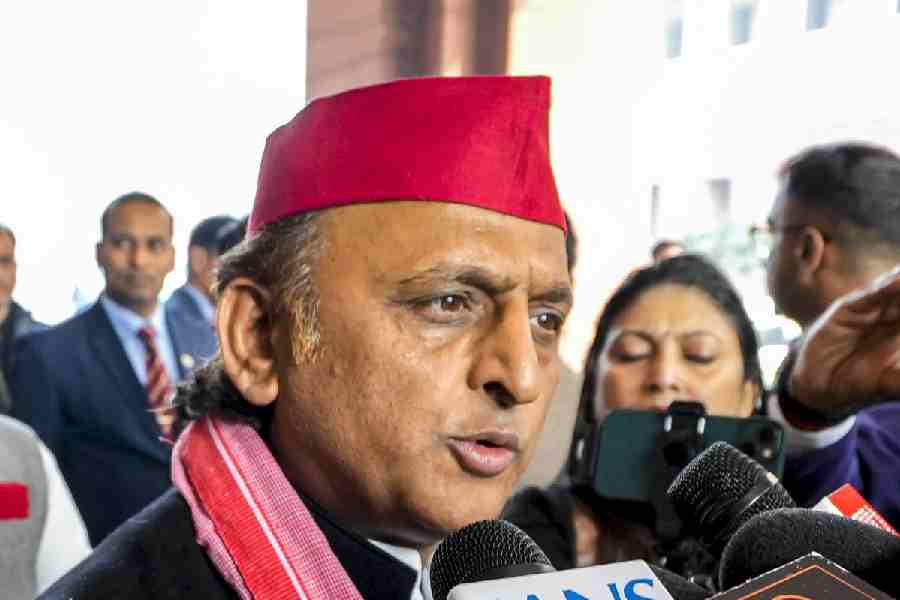The idea of giving every citizen unconditionally a certain sum of money, known as 'universal basic income', to meet the daily necessities of life, is one of those rare ideas that has both supporters and detractors who cross the political divide. The use of the term 'income' in UBI is misleading since income denotes compensation for work carried out by the individual, whereas the idea behind the UBI is the precise opposite, namely, an unconditional cash transfer from the State to the individual that is not tied to any work or employment. While some on the Left see the UBI leading to a greater role for the State in determining the quantum and dispersal of 'basic income', many on the Right view it as an exit door for the State which can leave all decisions on spending to the individual.
The UBI idea can be traced back to the work of Thomas Paine and Thomas Spence in the late 18th century. But, in spite of attracting many famous proponents later, the UBI took a back seat in the West until it re-emerged as a hot topic early in the new millennium.
The discourse on UBI intensified following the global financial crisis in late 2007 and early 2008, and it began to be canvassed following the euro and the Greek debt crises in the present decade. Yet so little is known of the practical aspects of the UBI's implementation that supporters and critics have very little evidence to base their arguments on. The two main trials of the UBI that have taken place recently are that in Finland in January, 2017 (ongoing) and in Madhya Pradesh, India in 2010. Both trials involved randomized control experiments and, while the results have not been conclusive, they provide some support for pursuing the idea.
The rationale behind the UBI in developed countries, as in Europe, is different from that in India. In the former, while automation and adoption of labour-saving technologies leading to job losses has generated a wave in favour of UBI, in India the leakages and corruption in transfer in kind schemes, such as the public distribution system and the midday meal scheme, have been cited as the main reasons for favouring it. It is less amenable to leakage, since the money is transferred directly to a person's bank account. But, as the following argument suggests, it is not yet time for the UBI to be made operational in India.
The fundamental difference between cash transfer and in kind transfer is one of principle. In the former, the State passes its responsibility on to the individual by leaving him to decide how to spend the money; in the latter, the State ensures that the resources are directed to the ends that best serve that individual's interest. According to the Food and Agriculture Organization, India is one of the most nutritionally deprived and calorie-poor countries in the world, ranking 126 in per capita calorie consumption on a list of 172 countries. The bulk of its calorie consumption comes from the PDS items, rice and wheat, which, on the basis of the National Sample Survey 68th round (2011-12), still provide nearly half the calorie intake at the household level. The PDS is the most prominent example of an in kind transfer that will be severely curtailed to provide the resource requirement for a UBI. The same is true of the MDMS which, notwithstanding problems earlier, is now playing an effective role not only in providing nutrient enhancing meals to children, but also in increasing school attendance.
Moreover, both the PDS and MDMS have income effects analogous to cash transfer, by leaving the household with more money to spend on the non-PDS items in case of the former, and items not exclusively consumed by the children in case of the latter. The PDS's performance has improved recently with fewer leakages and reduced corruption.
India has one of the most dismal statistics on child health anywhere and that has persisted in spite of increase in per capita income. Schemes such as MDMS and the integrated child development scheme provide the State with tools for effective nutrient enhancing interventions that it will abandon if there is a large-scale switch to cash transfers. There is not much evidence to suggest that income increases automatically translate to health improvements. In calculations on NSS data from the 68th round that I carried out with Kompal Sinha from Macquarie University, Australia, we found that a UBI that is at least four times the Tendulkar poverty line will be required to bring down the rate of undernourishment to 'acceptable levels'. Indian women suffer from iron deficiency and there is no evidence that cash transfers will be more effective in tackling iron deficiency than State interventions through programmes that promote well-balanced diets including good sources of iron, vitamin B12 and folate.
The danger of rushing to the UBI is that the determination of an appropriate level for 'basic income' will be ad hoc and will suffer from the same problems as those faced in the determination of the poverty line. Once a level is arrived at for 'basic income', it will allow the State to opt out of all in kind transfer-based welfare programmes. But given the attractive features of the UBI, such as its administrative simplicity and its relative insulation from leakages and corruption, it will be unwise to abandon the idea altogether. The planners need to conduct trials on the optimal mix of cash and in kind transfers, and move away from an exclusive reliance on one or the other.










